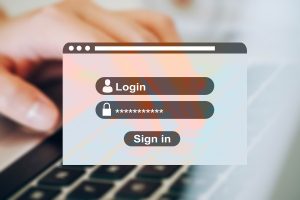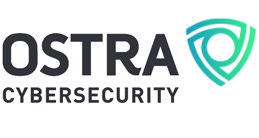CPA Phishing Season
Fall accounting madness is the perfect time for a cyber-criminal to strike.
 The IRS, states and tax industry partners continue to warn tax professionals to beware of the continuing threat of phishing emails, which remain the most common tactic used by cybercriminals to steal sensitive data. Particularly during the fall logjam triggered by the flood of corporate filers and six-month extensions, cyber-criminals can count on less email scrutiny as CPA’s rush to meet deadlines.
The IRS, states and tax industry partners continue to warn tax professionals to beware of the continuing threat of phishing emails, which remain the most common tactic used by cybercriminals to steal sensitive data. Particularly during the fall logjam triggered by the flood of corporate filers and six-month extensions, cyber-criminals can count on less email scrutiny as CPA’s rush to meet deadlines.
Today, when we talk about phishing, it’s no longer misspelled spam messages sent out en masse. Cyber-criminals understand that CPA firms have valuable data, and will spend time passively acquiring intelligence to craft malicious messages intended to trick someone at a targeted firm. The attack begins with digital reconnaissance across social media networks; email address tracing to find online accounts of interest; and scanning groups and public profiles to piece together a CPA Firm dossier. Hackers can then build a map of the target firm’s members and their connections, friends, family, personal details, and history to identify what those individuals may consider trusted sources.
Spoofed email addresses, faking names, and using company logos, signatures, and personal details are all easily included in a phishing email to enhance credibility and “bait” the recipient into opening an embedded link or an attachment.
A spear-phishing email may create a sense of urgency for a CPA firm member to update account information associated with tax software or data storage providers. A link may seem to go to a website associated with the account, but it’s actually a website controlled by the thief. The thieves’ goal is to trick tax professionals into entering their usernames and passwords into these fake sites, which the crooks then steal.
 Cyber-criminals may also pose as prospective CPA clients, and send an attachment disguised as tax information that contains malicious software called keylogging. This malware secretly infects computers and provides the thief with the ability to see every keystroke. Thieves can steal passwords to various accounts or even take remote control of computers, enabling them to steal taxpayer data.
Cyber-criminals may also pose as prospective CPA clients, and send an attachment disguised as tax information that contains malicious software called keylogging. This malware secretly infects computers and provides the thief with the ability to see every keystroke. Thieves can steal passwords to various accounts or even take remote control of computers, enabling them to steal taxpayer data.
Hackers can take their time analyzing the stolen data because most often the CPA firm is unaware of the breach. They may launch attacks on CPA clients, or they may sell the stolen data. After stealing CPA data, some thieves may encrypt it and demand a ransom in return for a code to un-encrypt it. Alternatively, hackers may leave an infected system intact to return later and steal more data or attack again.
Ostra’s Enterprise Grade Security Solution provides deep layers of defense to ward off attacks on targeted CPA firms. Phishing email sent to targeted CPA employees are handled with industry leaders FireEye and Palo Alto enterprise-grade advanced threat detection and response technology, so the threat never reaches the firm. Partner with Ostra for cyber-security so hackers can’t use your heavy CPA workload to their advantage.
As Your Trusted Cybersecurity Team, Ostra makes cybersecurity simple and accessible to businesses of all sizes. Ostra provides its partners and their clients with a multi-layered, comprehensive and fully managed Security as a Service.




